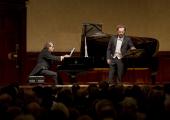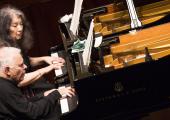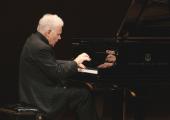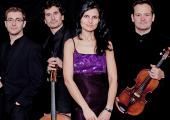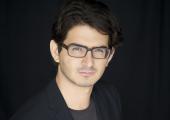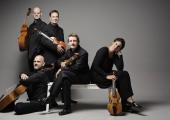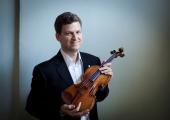Stile Antico, Wigmore Hall
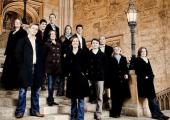
Splendid singing of English jewels, plus a Nico Muhly premiere
There are 12 of them, standing in a semi-circle. No conductor in sight. Instead they start singing by striking some invisible match. Immediately the hall is blazing with heat, light, and the ecstatic sounds of Tudor polyphony. Now celebrating its tenth concert season, the British unaccompanied choral group Stile Antico have been singing this repertoire since they first came together; and this Wigmore Hall shindig, exuberantly received by a packed house, marked the anniversary by revisiting the music sung on their very first CD, Music for Compline, in 2007.

